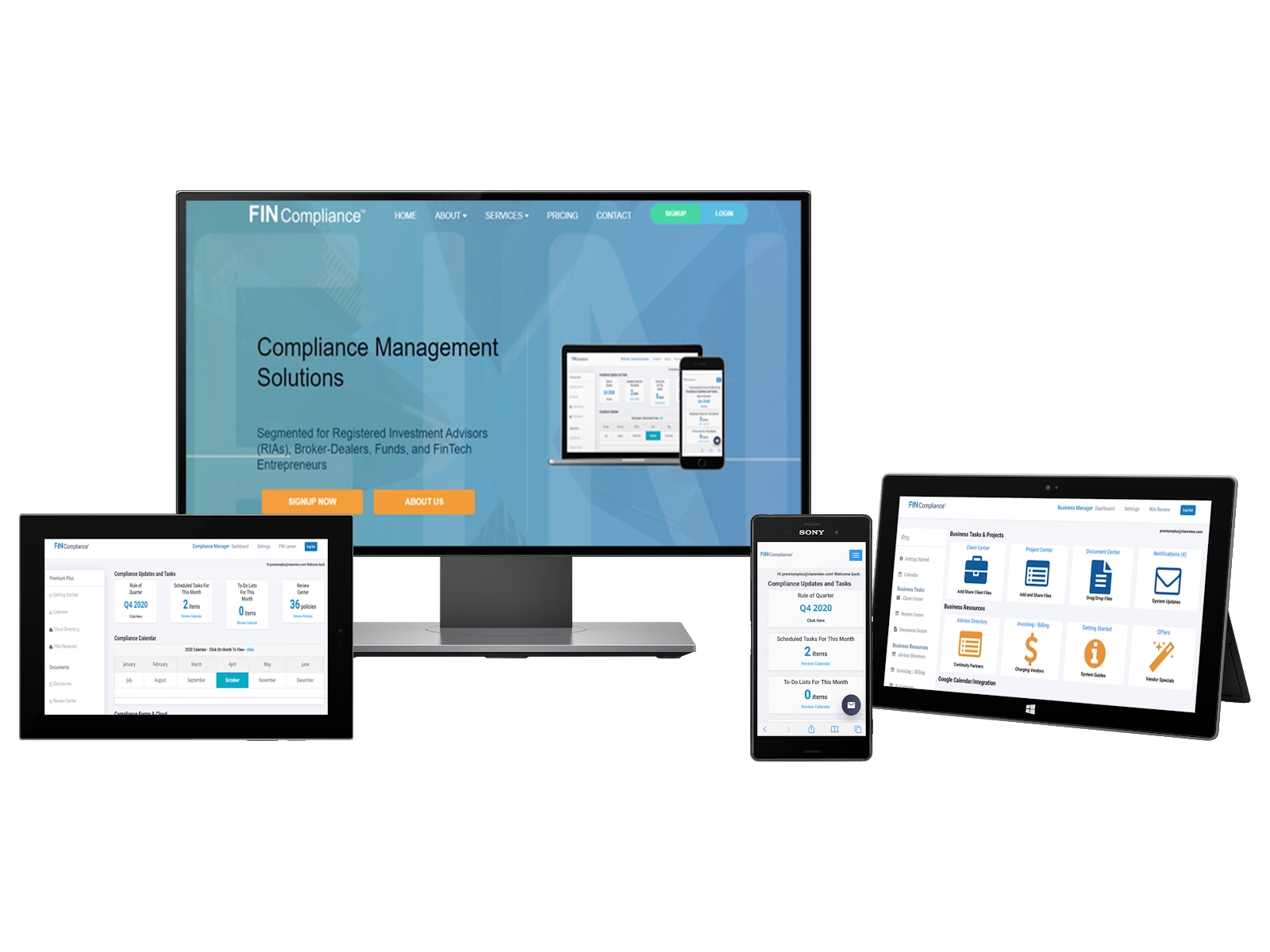July 11, 2018. The SEC Office of Compliance Inspections and Examinations’ (“OCIE”) issued a risk alert “Compliance Issues Related to Best Execution by Investment Advisers” that identified discrepancies in client trade quality reviews in its examination of more than 1500 investment advisory firms.

The SEC Investment
Advisors Act, also detailed in this memorandum, defines that an advisor has a
fiduciary responsibility to:
“(1) select broker-dealers and execute
client trades and (2) to seek to obtain “best execution” of client transactions,
taking into consideration the circumstances of the particular transactions.”
Amongst the
issues, OCIE staff noted that many advisers were not performing periodic internal
reviews of best execution (“transactional
quality”) for its broker-dealers used to execute client transactions. Moreover, we’ve noticed similar occurrences for
some advisors in our network.
Inside the
memorandum, the OCIE outlined seven discrepancies that included:
1. Failure to conduct
best execution reviews. Staff noted that
advisors either did not perform a review and/or couldn’t produce the
documentation to prove that such a check was ever performed.
What to do?
Periodically
review transactional quality brokerage reports (Rule 605/606).
2. Failure to assess metrics/factors in
its best execution review. The OCIE cited advisors with a lack of: (1)
Qualitative reviews of a broker’s execution
capability, financial responsibility, and its responsiveness to the advisor, and (2) the firms did not solicit input
from its trading team (e.g. traders and portfolio managers).
What to do?
Review metrics in
transactional reports and engage trading team for input (e.g. investment
committee meetings).
3. Failure to
compare results with other broker-dealers.
Staff noted that advisors did not compare quality and costs of other
brokers in its reviews. Specifically, issues
included an inspection of reviews: (1) not made on an initial or quarterly
basis, (2) assessed on favorable brokerage policies/prices for advisor instead
of the clients, and (3) that failed to include any comparison to other brokers.
What to do?
Check trading
costs/quality with other brokers
4. Failure to fully disclosure best execution
practices. The OCIE expressed that many
advisors did not provide a full disclosure of its practices. For example, a disclosure is appropriate when
an advisor executes a client trade in the same security after a prior trade was
executed.
What to do?
Add accurate trading
disclosures on the ADV and Compliance manual.
5. Lack of Soft Dollar Disclosures. The OCIE noted the following deficiencies: (1)
advisors did not disclose the use of soft dollar arrangements, (2) firms failed
to disclose that some clients may bear more costs than others, and (3) advisors
did not provide a full disclosure for products/services acquired with soft
dollars.
What to do?
Add disclosures
in ADV 2A and procedures manuals.
6.
Mixed use allocation. Examiners noted a: (1) failure to account
for costs associated with bundled products/services and/or (2) no documentation
used to justify the use of certain broker-dealers when executing trades for a
client.
What to do?
Check best
execution quality for bundled/mixed use arrangements.
7.
Inadequate policies/procedures. The OCIE staff noted may
issues including: (1) a lack of best execution procedures, (2) insufficient
internal controls for monitoring transactional quality, (3) failure of advisors
to adhere to existing procedures, and/or (4) no soft dollar procedures.
What to do?
Review Procedures
Best Practices for Compliance
Below is a summary
of tips to observe transactional quality reviews (“best execution”) including:
Create a review
system to conduct best execution checks with trading team (e.g. investment
committee meeting).
Retrieve Best
Execution reports (Rule 605/606) through each broker-dealer used.
Document and compare
results with other broker-dealers.
Document
transactional quality in review documents.
Review and
document soft dollar arrangements (if any).
Document
procedures in your compliance manual.
Applies to: SEC and State Registrants (Note: Some examiners may place more emphasis on your firm’s Best Execution procedures based upon the advisory business model.)
Want a further breakdown of best execution and/or policy procedure reviews?
Applies to: SEC and State Registrants (Note: Some examiners may place more emphasis on your firm’s Best Execution procedures based upon the advisory business model.)
Want a further breakdown of best execution and/or policy procedure reviews?
Sign up for our Compliance Management: RIA Review
RIA
Review is a documentation-based solution to help boutique investment advisors
to maintain an internal compliance program.
Services
(starting at $995 for a year):
Free
Version – basic resources
to get started
Premium
Version ($995/1-yr) – for state registrants not required for perform annual review
Premium
Plus Version ($1195/1-yr) * - for SEC and state
registrants required to do annual review
Contact Us for special offers:
Email: cory@riareview.com,
Phone:650-305-2688
Website: https://FINCompliance.io
Phone:650-305-2688
Website: https://FINCompliance.io
Compliance and Business Management
FIN Compliance (FINCompliance.io) is a
consortium of compliance services including: RIA Consults-Roberson Consults
Group, a compliance consulting firm, RIA Review, a compliance-management
software tool (SaaS), B-D Review, a RIA/Broker-Dealer compliance management
software tool, and FINLancer is a business
management portal featuring: E-signature tools; Invoicing integration,
Vendor Directory, continuity directory*, business client document portal, and
more (available by Q3 2019). Access all services
on one site: FINCompliance.io.
Impact
FIN Missions (FINmissions.com) provides business support group
sessions for other entrepreneurs. In addition, Cory has volunteered
for more than fifteen youth programs in locations such as like S. Korea, China,
S. Africa, Thailand, and India.



No comments:
Post a Comment